Effect of an Enamel Matrix Protein Derivate (Emdogain) on Tooth Autotransplantation: A Pilot Randomized Controlled Clinical Study
llistat de metadades
Author
Date of defense
2023-09-15
Pages
225 p.
Department/Institute
Universitat Internacional de Catalunya. Departament d'Odontologia
Abstract
Tooth autotransplantation has emerged as a promising alternative to dental implants for replacing missing or non-restorable teeth. This PhD project presents a compilation of four publications that investigate the various aspects of tooth autotransplantation, including the influence of root development status, application of digital technology, and periodontal prognostic factors. The research aims to provide new insights into the procedure, addressing the gaps in the existing literature. The findings suggest that tooth autotransplantation can be considered a predictable treatment option, irrespective of the apical condition and/or recipient site integrity. Open apex donor teeth may be preferable due to their higher survival rate and lower complication rates compared to closed apex teeth. Digital technology, such as computer-aided design (CAD) and 3D printing, has revolutionized the field by improving accuracy, increasing predictability, and success rates. Fully guided tooth autotransplantation has emerged as a viable option that involves minimal bone preparation and shorter surgical time. Furthermore, the use of an enamel matrix protein derivative (Emdogain®) does not seem to have a significant impact on the success, survival, root resorption, probing pocket depth (PPD), recession (REC), clinical attachment level (CAL), or radiographic bone loss (RBL) after a 3-year follow-up. However, further research and longer follow-ups are required.
Keywords
Tooth autotransplantation; Guided surgery; Digital; Open apex; Closed apex
Subjects
616.3 - Pathology of the digestive system. Complaints of the alimentary canal



